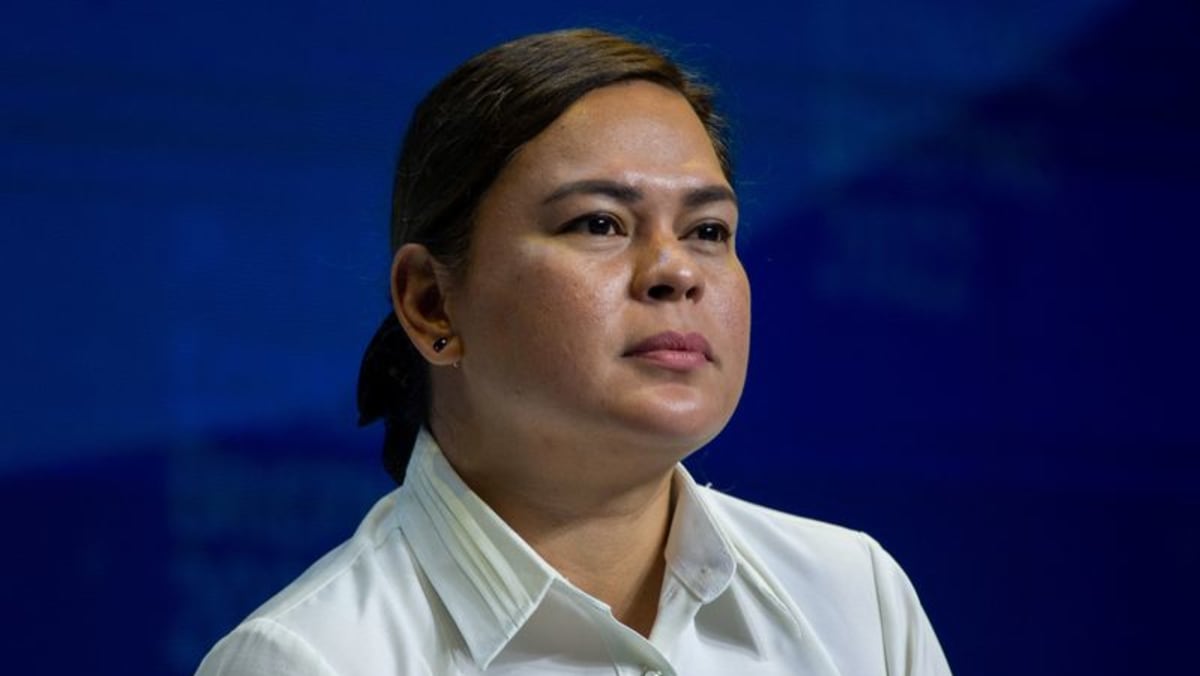NATURAL SYSTEM “IN PERIL”
The delegates have their work cut out for them.
There are just five years left to achieve the UN goal of placing 30 per cent of land and sea areas under protection by 2030.
So far, only 29 of 196 countries signed up to the UN biodiversity convention have submitted national strategies by the COP16 deadline, and funding is falling far short.
A report on Thursday by a group of non-governmental organisations revealed that just 2.8 per cent of the world’s oceans were protected “effectively”. At current rates, the figure would not reach 10 per cent by 2030.
The IPBES inter-governmental science and policy body says three-quarters of Earth’s land surface has been significantly altered since 1970 and 66 per cent of oceans degraded.
According to the International Union for Conservation of Nature (IUCN), which keeps a red list of threatened animals and plants, more than a quarter of assessed species are threatened with extinction.
“Our system is in peril,” WWF’s senior director of global policy and advocacy, Lin Li, told AFP ahead of the talks.
“The system that is … supporting us as a human species, which is the natural system, ecological systems, are being attacked.”
To try to reverse the trend, the so-called Kunming-Montreal Global Biodiversity Framework adopted in 2022 lists 23 ambitious targets for 2030.
They include restoring 30 per cent of degraded ecosystems, stopping destructive farm subsidies, reducing pesticide use and tackling invasive species.
COP16 will assess progress made towards the targets, which also include rich countries forking out US$20 billion per year by 2025, rising to US$30 billion by 2030, to help the developing world – which hosts most of the world’s biodiversity – save its ecosystems.
“We are hoping to hear a lot more pledges at this COP,” IUCN senior program manager for conservation action Dao Nguyen told AFP.
“If there are none, it’s going to be quite a deflated COP.”
A key goal of the meeting is to agree on a mechanism for sharing the profits and other benefits of genetic information taken from plants and animals, for medicine for example, with the communities they come from.
Host Colombia is one of the most biodiverse in the world, and Petro has made environmental protection a priority.
But the country has struggled to extricate itself from six decades of armed conflict between leftist guerrillas such as the EMC, right-wing paramilitaries, drug gangs, and the state.













